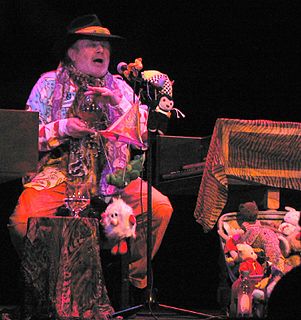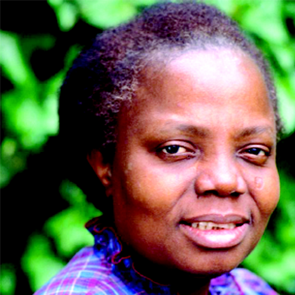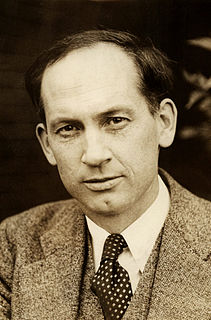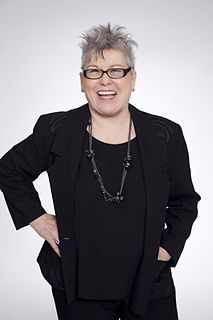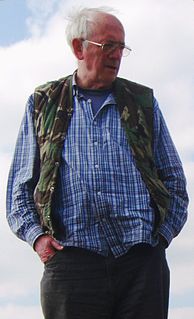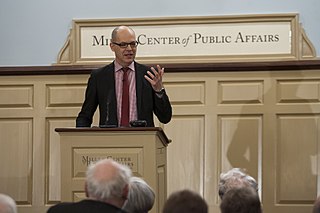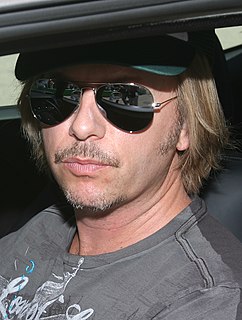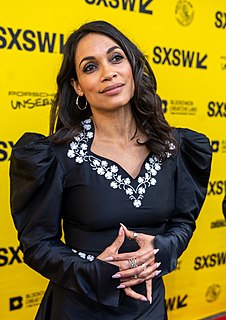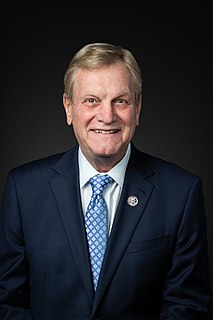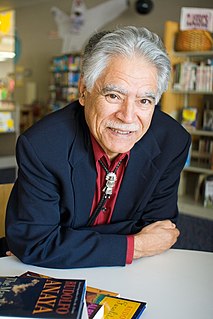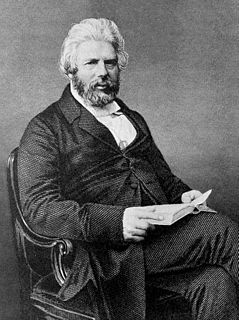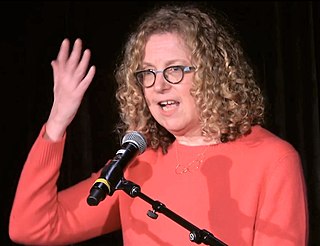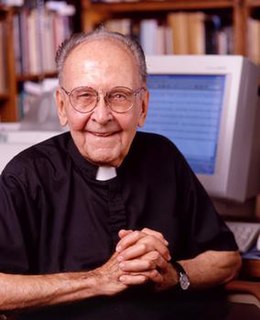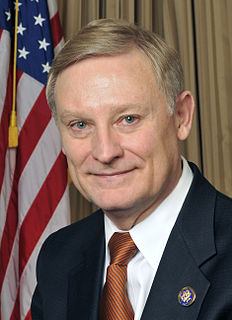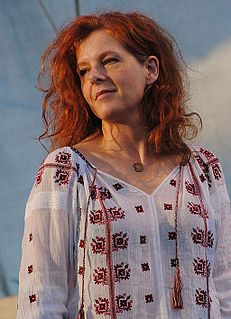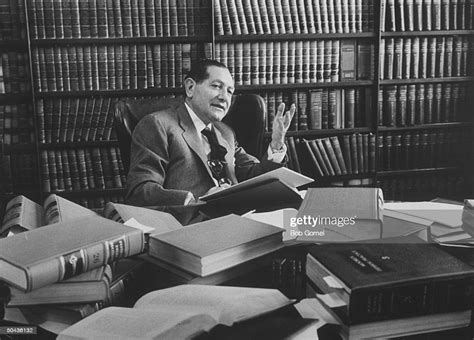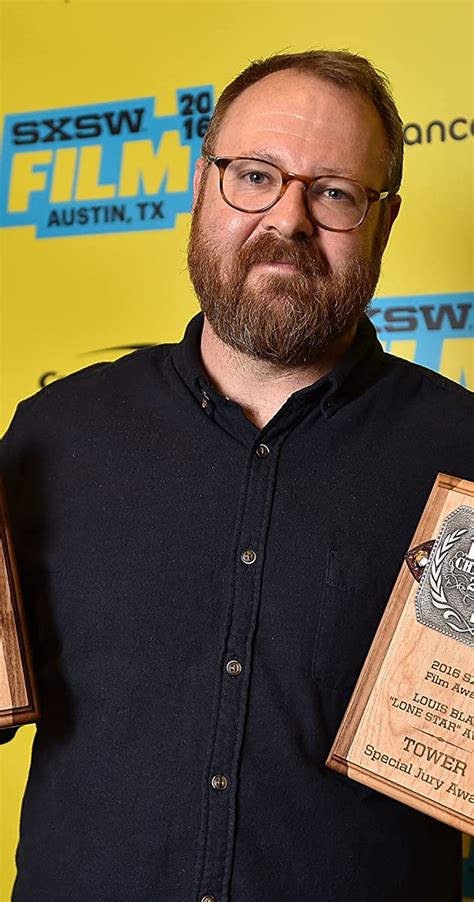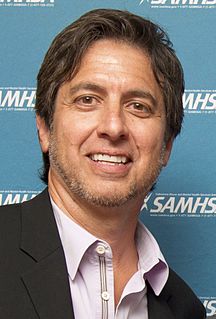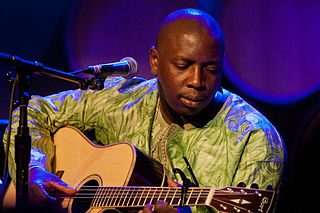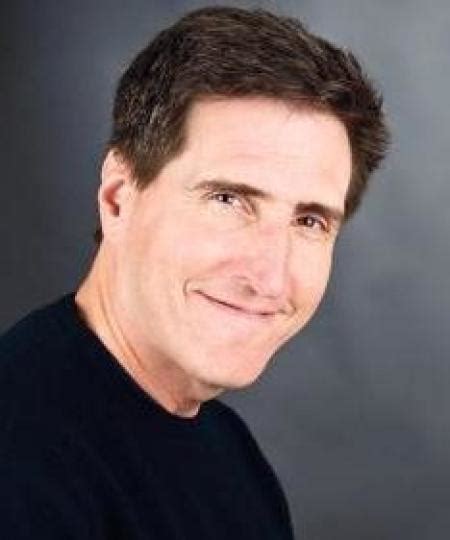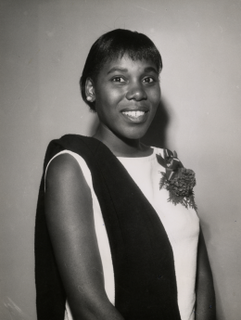Top 262 Oral Quotes & Sayings - Page 3
Explore popular Oral quotes.
Last updated on December 22, 2024.
The tribalizing power of the new electronic media, the way in which they return to us to the unified fields of the old oral cultures, to tribal cohesion and pre-individualist patterns of thought, is little understood. Tribalism is the sense of the deep bond of family, the closed society as the norm of community.
I have been given something really, really special and really unique, and it is not just in and of itself having learned from my father, who is the greatest exponent of this musical style. But it is an oral tradition that is only generally passed on in that manner, and so without the people who continue to... learn it and perform it, it dies.
The blues are important primarily because they contain the cultural expression and the cultural response to blacks in America and to the situation that they find themselves in. And contained in the blues is a philosophical system at work. And as part of the oral tradition, this is a way of passing along information.

